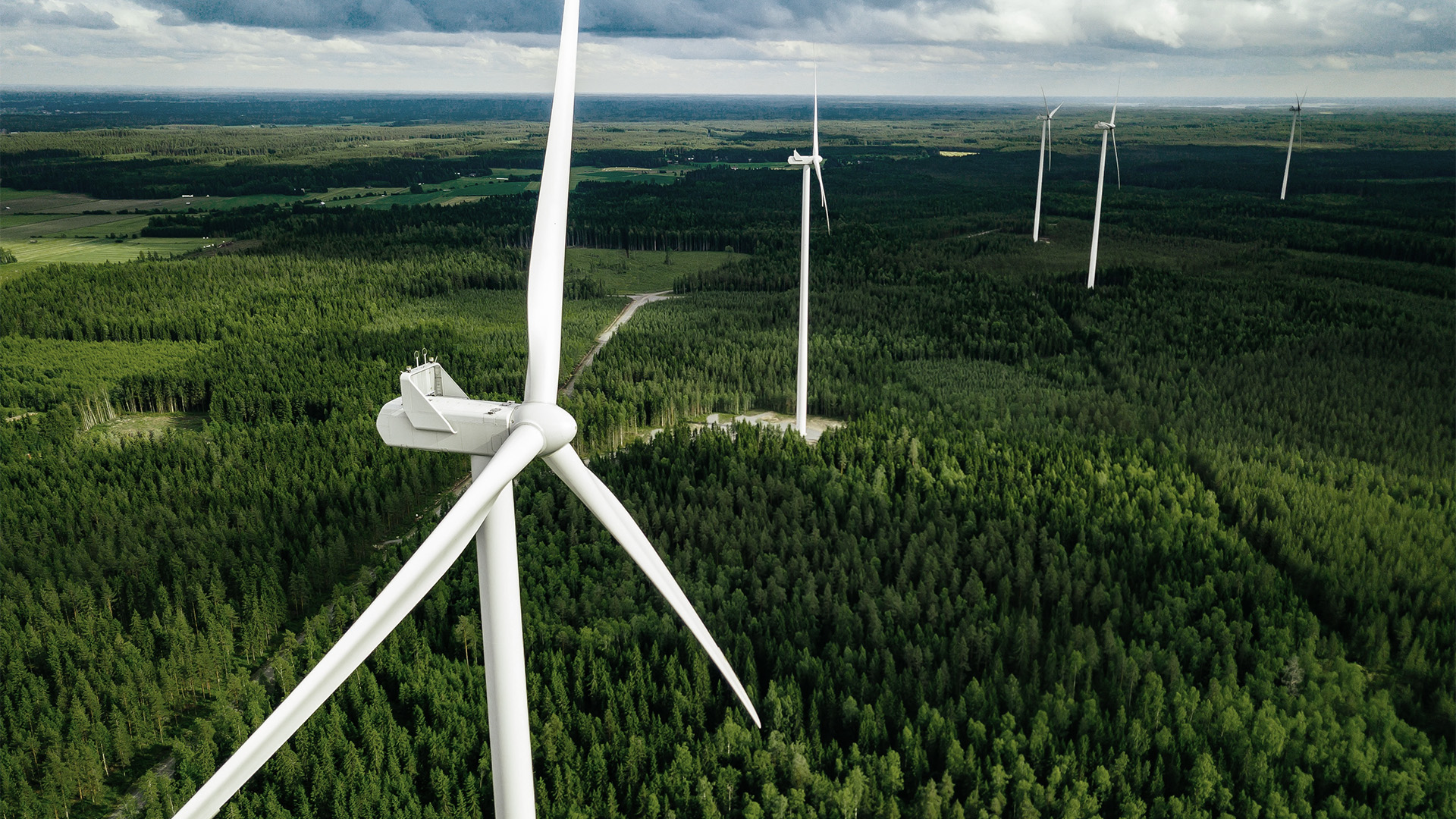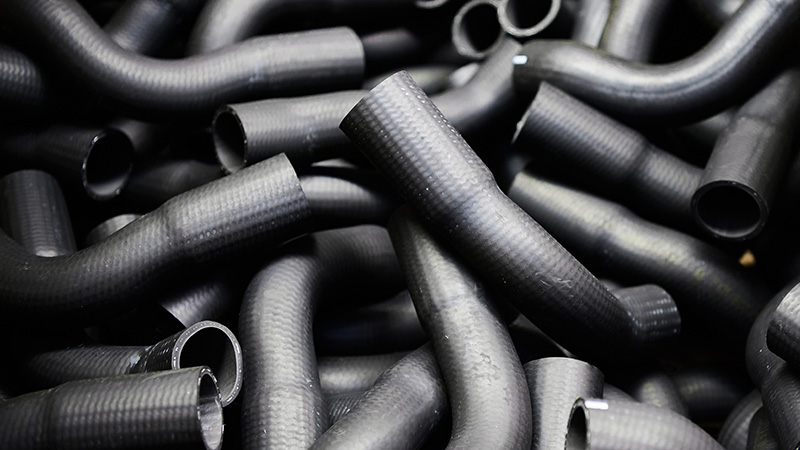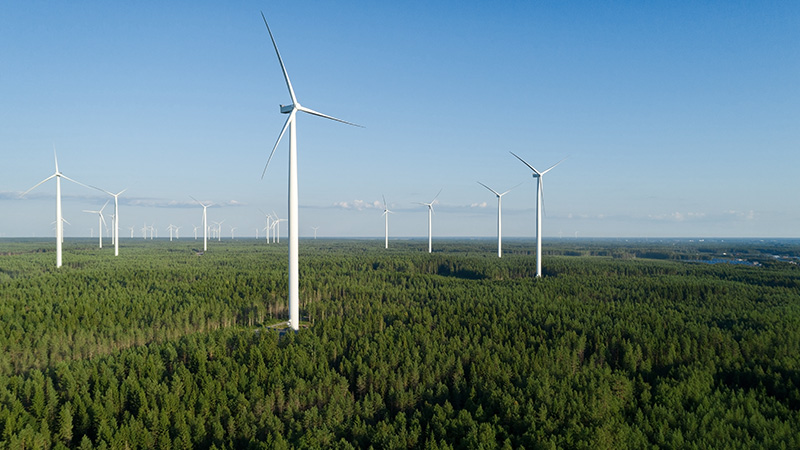Parliament has passed amendments to the so-called Act on Expropriation Permits (768/2004). The amendments, which enter into force in the beginning of February 2024, affect the expropriation permit process for overhead electrical power lines and transmission pipelines that are included in wind and solar power projects requiring an environmental impact assessment procedure (‘EIA procedure’).
Solar and wind power projects affected by amendments to the Act on Expropriation Permits




Heidi Malmberg, Miika Pinomaa & Sonja Leinonen
Related services
The purpose of the amendments is to supplement the implementation of Directive 2011/92/EU on the assessment of the effects of certain public and private projects on the environment (‘EIA Directive’).
In the future, an expropriation permit is needed for all power lines and transmission pipelines included in projects requiring an EIA procedure
As a result of the amendments, all overhead electrical power lines and all types of transmission pipelines used for transporting gas, oil or chemicals require an expropriation permit if the power line or transmission pipeline is part of a project that is subject to an EIA procedure. This means that an expropriation permit is required, for example, in a situation where the connection lines of wind or solar power farms would not be subject to an EIA procedure as an independent project but are essentially related to a wind or solar power project that falls within the scope of an EIA procedure.
Previously, an expropriation permit was required only for power lines and transmission pipelines that were subject to an EIA procedure under Annex I of the EIA Directive, as well as for power lines with the minimum voltage of 110 kilovolts and for cross-border pipelines if an EIA procedure was applied to the project on the basis of a case-specific EIA screening decision.
Furthermore, the expropriation permit process was previously not necessary if the implementation of the project was in all respects based on a legally binding land use plan under the Land Use and Building Act (132/1999) and this plan included an assessment on the project’s location and relation to other use of the area. The amendments removed this limitation, and in the future the expropriation permit process will also be applied to projects based on legally binding land use plans.
Special requirements for the consideration of an expropriation permit for power lines and pipelines are added to the Act
Section 4 of the Act on Expropriation Permits will provide for new special requirements for the consideration of an expropriation permit for a power line or transmission pipeline. These special requirements will supplement existing provisions on the consideration of an expropriation permit. If the requirements provided for in the section are not met, the expropriation permit cannot be granted. The government proposal states this would mainly apply to situations where a different route for the powerline or transmission pipeline would be clearly better.
The section states that a power line or a gas pipeline has to be constructed in a technically and financially feasible manner in such a way that the adverse effects on the environment and on the use of the areas remain as small as possible. Construction cannot cause anyone more loss or inconvenience than is necessary.
The section also provides for the protection of the Sámi culture: ‘A project that is located in or impacts the Sámi homeland or Skolt area cannot materially impair the right of the Sámi to maintain and develop their culture and practise traditional livelihoods and the living conditions of the Skolt or the ability to practise the natural sources of livelihood referred to in the Skolt Act (253/1995) within the Skolt area.’
In an area where a regional plan or legally binding local master plan is in force, the construction of a power line or a transmission pipeline cannot hinder the use of the area for the purpose determined in the plan.
The local detailed plan must also be taken into account when constructing a power line or a transmission pipeline. The Economy Committee report on the government proposal states that the regulation should not prevent or delay projects that are significant for the clean energy transition if the project would only have minor impacts on the implementation of the local detailed plan. According to the report, the provision makes it possible, for example, to place a power line route irrespective of the land reservation entries and regulations in the local detailed plan, provided that the construction will not prevent the implementation of the essential principles and purpose of the plan.
In the future, the expropriation permit decision must include necessary regulations to restrict the significant adverse effects caused by the project
The EIA Directive requires that it is possible to issue permit regulations with respect to the environment in projects that fall within the scope of an EIA procedure.
After the amendments have entered into force, an expropriation permit decision must include necessary regulations regarding the power line or pipeline routing, project timeline and implementation methods as well as regulations regarding the observation of the effects of the project in order to restrict the significant adverse effects caused by the project. According to the government proposal, it is possible, for example, to make small changes to the power line route, but it is not possible to move the route to a completely different location.
The amendments’ impact on clean energy transition projects
Due to the amendments, it is possible that the number of cases handled in an expropriation permit process will increase and that the processes last longer if sufficient staff resources are not allocated to them. Moreover, the number of appeals concerning expropriation permits may also increase and the legal issues dealt within the appeals may become more complex.
Therefore, project developers should be prepared that the amendments can impact the timelines of individual projects. According to the government proposal, however, the amendments are not expected to delay the construction of electricity transmission lines required for the clean energy transition when considered as a whole.
In addition, the future will probably bring new changes to the expropriation permit process as the Parliament also approved a statement in connection with the aforementioned amendments in which it requires the government to draft a reform of the Act on the Redemption of Immovable Property and Special Rights (603/1977) for the Parliament without delay. The purpose of the reform is to strengthen the protection of property with, for example, increasing the amount of the expropriation compensation, as the clean energy transition causes significant land use needs regarding energy infrastructure.








